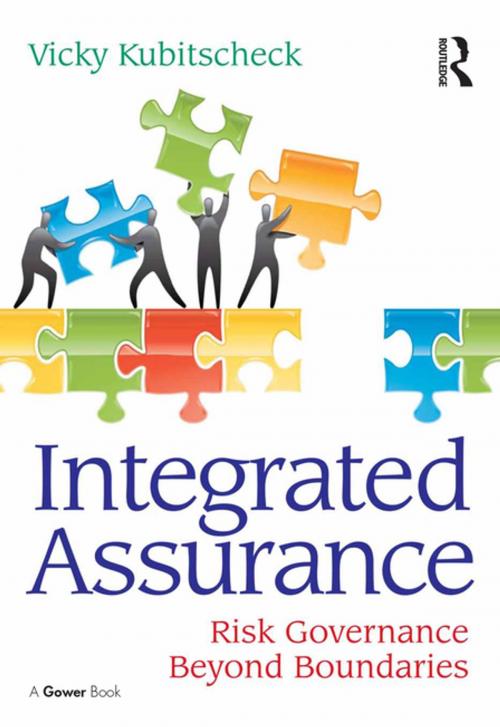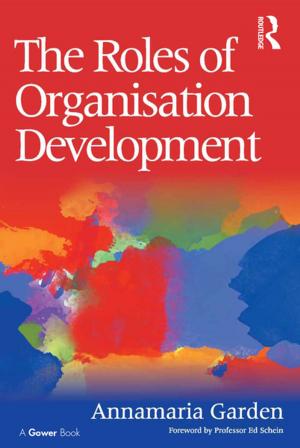Integrated Assurance
Risk Governance Beyond Boundaries
Business & Finance, Industries & Professions, Insurance, Business Reference, Business Ethics| Author: | Vicky Kubitscheck | ISBN: | 9781317115328 |
| Publisher: | Taylor and Francis | Publication: | May 23, 2016 |
| Imprint: | Routledge | Language: | English |
| Author: | Vicky Kubitscheck |
| ISBN: | 9781317115328 |
| Publisher: | Taylor and Francis |
| Publication: | May 23, 2016 |
| Imprint: | Routledge |
| Language: | English |
The need for assurance is never more acute than in times of turbulence and uncertainty. The events following the financial market crisis demonstrate the catastrophic consequence of risk taking that exceeds the board’s appetite, and of not joining up risk intelligence for sound decision making. Boards and senior management alike consistently seek the ’one truth’ about risk exposures and strength of controls but are continuing to grapple with the challenge. Much has been written about assurance and the governance of risks, but mainly by those who provide it - such as internal auditors, accountants and information security technologists - for the purpose of advancing their professional practices. Less is written for or by those in governance who need assurance for the effective discharge of their responsibilities. Regulations do not usually go beyond acknowledging its importance and rely on those in the boardroom to get it right. Studies have consistently shown the link between weak corporate governance and corporate failures. The lack of reliable assurance has often been a factor. Assurance, as an integral part of corporate governance, cannot be taken for granted. It requires conscious action across the organisation. It is time to rethink assurance beyond its usual functional boundaries, to focus on what matters to the business and how discussions in the board room can be better supported by more joined up assurance. This book provides practical guidance for those who need that support as well as those who deliver assurance.
The need for assurance is never more acute than in times of turbulence and uncertainty. The events following the financial market crisis demonstrate the catastrophic consequence of risk taking that exceeds the board’s appetite, and of not joining up risk intelligence for sound decision making. Boards and senior management alike consistently seek the ’one truth’ about risk exposures and strength of controls but are continuing to grapple with the challenge. Much has been written about assurance and the governance of risks, but mainly by those who provide it - such as internal auditors, accountants and information security technologists - for the purpose of advancing their professional practices. Less is written for or by those in governance who need assurance for the effective discharge of their responsibilities. Regulations do not usually go beyond acknowledging its importance and rely on those in the boardroom to get it right. Studies have consistently shown the link between weak corporate governance and corporate failures. The lack of reliable assurance has often been a factor. Assurance, as an integral part of corporate governance, cannot be taken for granted. It requires conscious action across the organisation. It is time to rethink assurance beyond its usual functional boundaries, to focus on what matters to the business and how discussions in the board room can be better supported by more joined up assurance. This book provides practical guidance for those who need that support as well as those who deliver assurance.















